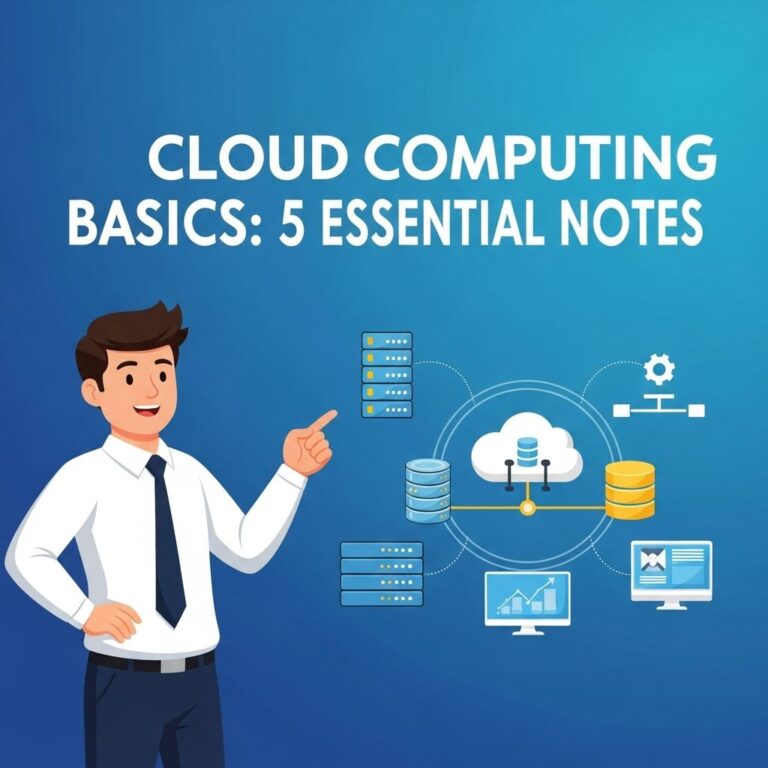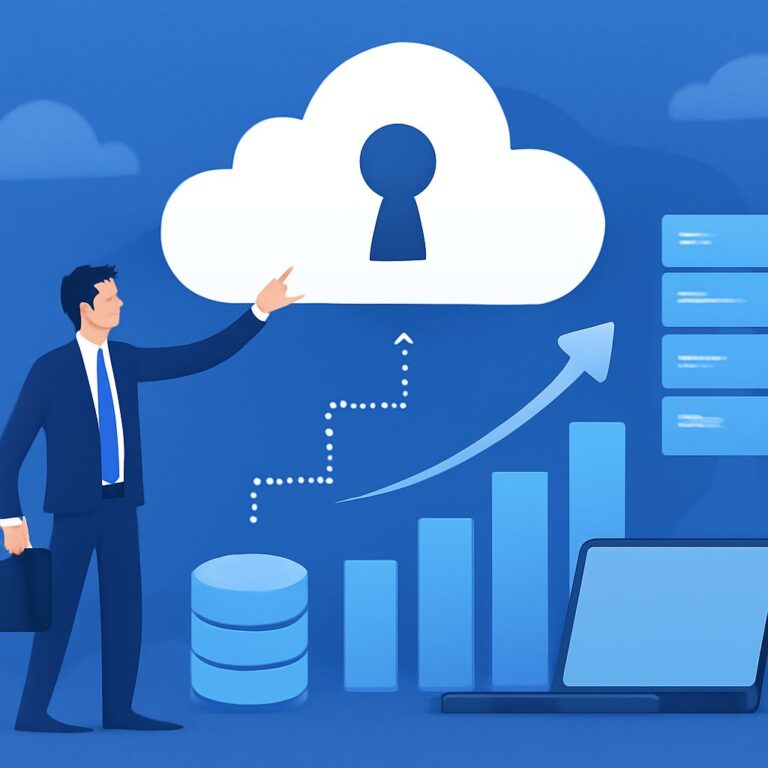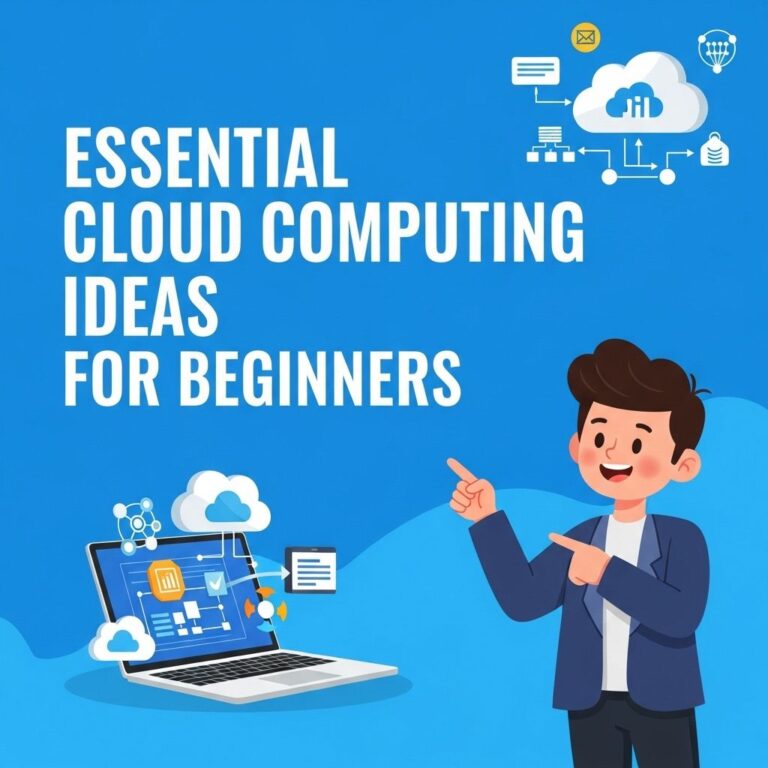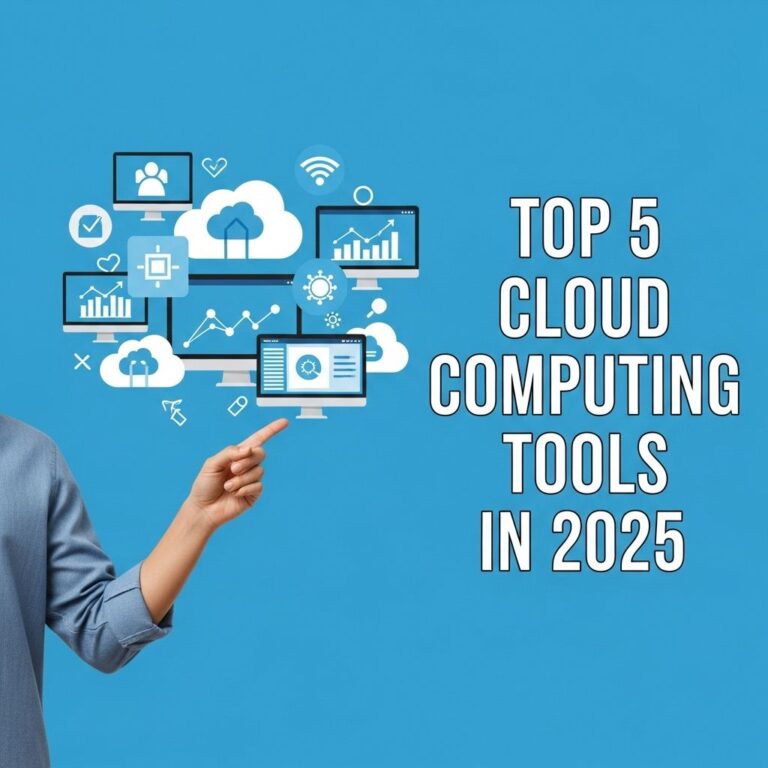Cloud computing has revolutionized the way businesses and individuals manage and store data. With its ability to provide on-demand resources, scalability, and cost-efficiency, understanding the fundamentals of cloud computing is essential for anyone in the tech space. This article delves into ten essential multiple-choice questions (MCQs) that will test your knowledge on the basics of cloud computing.
Table of Contents
1. What is Cloud Computing?
Cloud computing refers to the delivery of computing services over the internet. These services include storage, processing power, and applications hosted on remote servers rather than on local computers.
Options:
- A) Local storage of data
- B) Remote access to data and applications
- C) Software installed on personal computers
- D) None of the above
2. Which of the following is a benefit of cloud computing?
Cloud computing provides numerous advantages that enhance operational efficiency and reduce costs.
Options:
- A) Requires large upfront capital investments
- B) Scalable resources
- C) Limited accessibility
- D) All of the above
3. What does IaaS stand for?
IaaS, or Infrastructure as a Service, represents a category of cloud computing services that provides virtualized computing resources over the internet.
Options:
- A) Infrastructure as a Service
- B) Internet as a Service
- C) Integration as a Service
- D) None of the above
4. Which of the following is an example of a public cloud service?
Public clouds are made available to the general public and are operated by third-party providers.
Options:
- A) Google Cloud
- B) Amazon Web Services (AWS)
- C) Microsoft Azure
- D) All of the above
5. What is a key characteristic of SaaS?
SaaS, or Software as a Service, provides software applications over the internet, eliminating the need for installation and maintenance on local devices.
Options:
- A) Requires local installation
- B) Subscription-based access
- C) Limited user connectivity
- D) All of the above
6. What security issue is commonly associated with cloud computing?
Security in cloud computing is paramount, and various challenges must be addressed to protect sensitive data.
Options:
- A) Data loss
- B) Account hijacking
- C) Insecure APIs
- D) All of the above
7. Which deployment model allows for a single organization to manage its own cloud infrastructure?
The private cloud model enables an organization to maintain its own dedicated cloud resources, providing greater control over security and performance.
Options:
- A) Public cloud
- B) Private cloud
- C) Hybrid cloud
- D) Community cloud
8. What is a hybrid cloud?
A hybrid cloud is a combination of public and private cloud services, allowing data and applications to be shared between them.
Options:
- A) A cloud that is only public
- B) A cloud that is only private
- C) A mix of public and private clouds
- D) None of the above
9. Which service model provides a platform for developers to build applications without managing the underlying infrastructure?
PaaS, or Platform as a Service, enables developers to focus on writing code and developing applications without worrying about hardware or software layers.
Options:
- A) IaaS
- B) SaaS
- C) PaaS
- D) None of the above
10. What is vendor lock-in?
Vendor lock-in refers to a situation where a customer becomes dependent on a specific vendor for products and services, making it challenging to switch to another provider.
Options:
- A) Freedom of choice
- B) Dependency on a single vendor
- C) Improved flexibility
- D) None of the above
In conclusion, mastering the basics of cloud computing is essential as it lays the groundwork for understanding more advanced concepts. By testing your knowledge through these multiple-choice questions, you can assess your grasp of vital topics in cloud technology. As the industry continues to evolve, keeping abreast of these fundamentals will empower you to leverage cloud solutions effectively in your endeavors.
FAQ
What is cloud computing?
Cloud computing is the delivery of computing services, including storage, processing, and networking, over the internet, allowing for flexible resources and faster innovation.
What are the types of cloud computing?
The main types of cloud computing include public cloud, private cloud, hybrid cloud, and multi-cloud.
What is the difference between IaaS, PaaS, and SaaS?
IaaS (Infrastructure as a Service) provides virtualized computing resources over the internet, PaaS (Platform as a Service) offers a platform allowing customers to develop, run, and manage applications, and SaaS (Software as a Service) delivers software applications over the internet.
What are the benefits of using cloud computing?
Benefits of cloud computing include cost savings, scalability, flexibility, improved collaboration, and enhanced security.
What is cloud storage?
Cloud storage is a model of computer data storage where digital data is stored in logical pools, said to be on ‘the cloud’, and managed by a cloud storage service provider.
How does cloud security work?
Cloud security involves a set of policies, controls, and technologies that work together to protect cloud-based systems, data, and infrastructure from threats.









